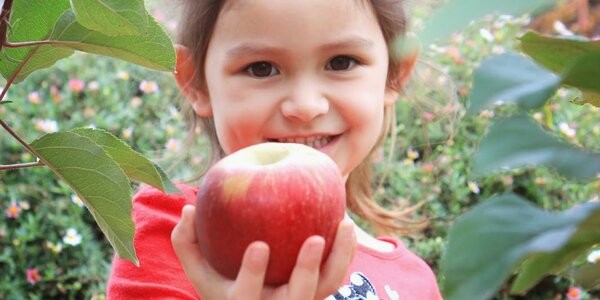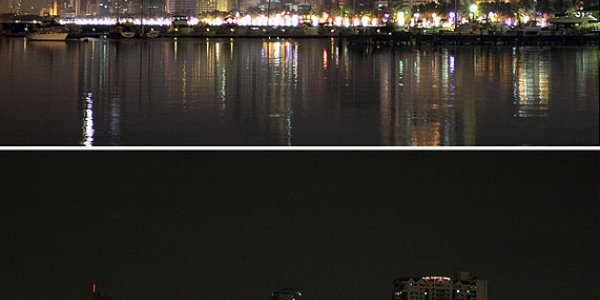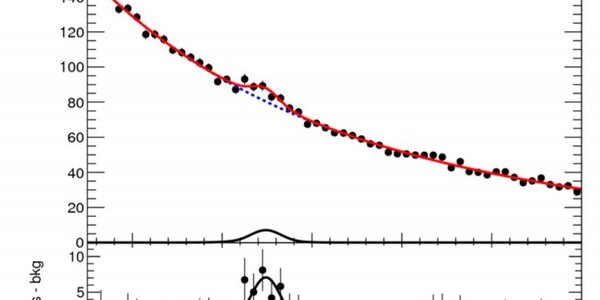Climate Shifts May Bring New Apple Growing Areas
Climate has always shifted but concerns about faster changes brought on by the modern world have led the authors of a new paper to worry that current high-volume sources of apples could lose their…











